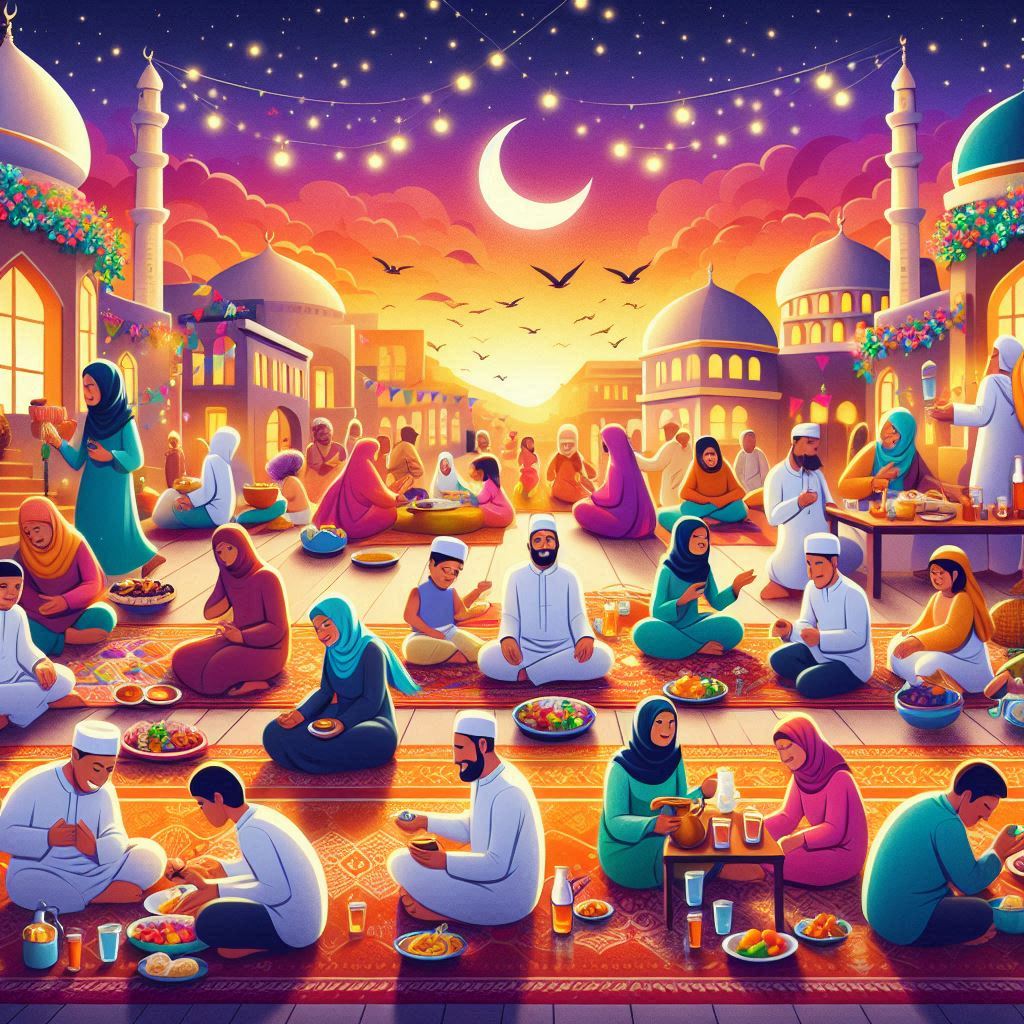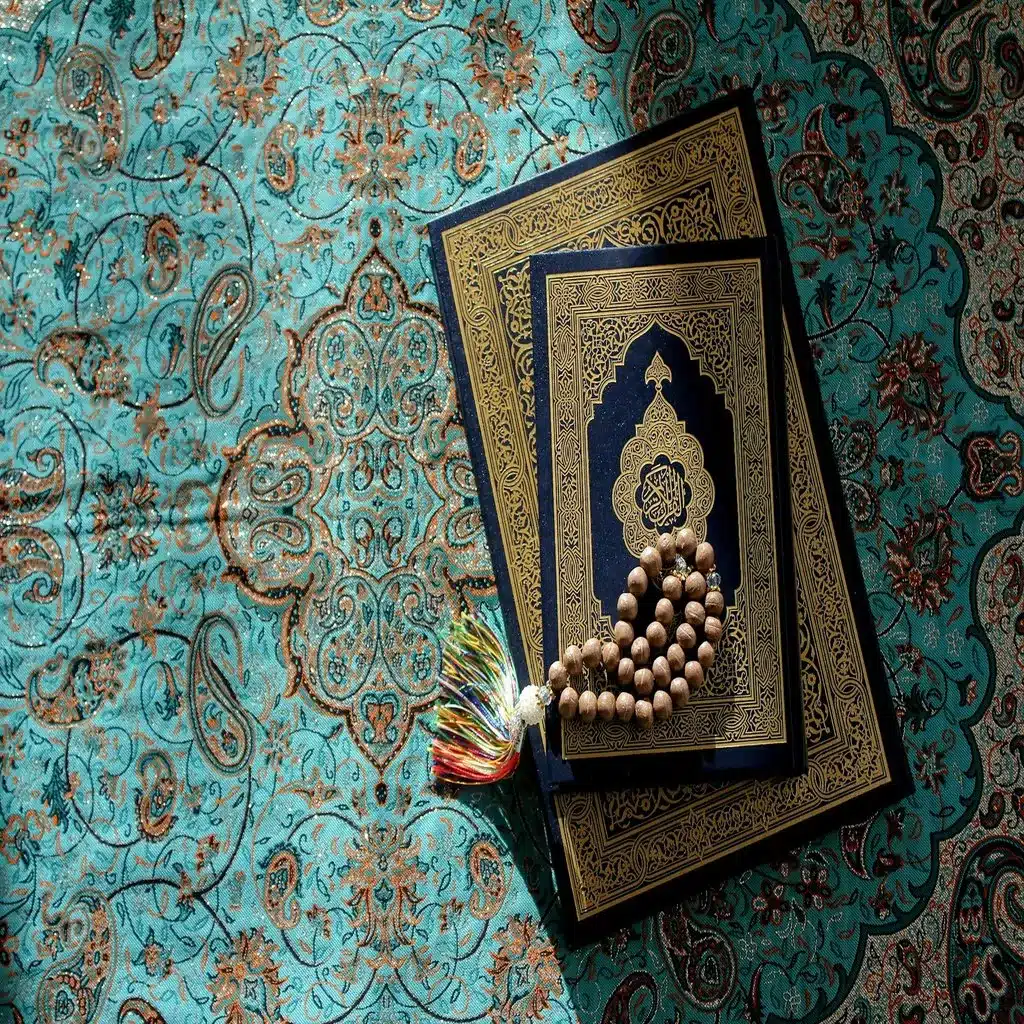
Ramadan stands as a cornerstone of Islamic practice worldwide, with diverse cultural expressions across the global Muslim community. This sacred month of fasting, prayer, and spiritual reflection holds particular significance in Shia Islam, where communities embrace both universal Islamic principles and unique cultural traditions.
The Cultural Tapestry of Ramadan Observance
At ShiaQuranAcademyOnline,Ramadan in Different Cultures we celebrate the rich diversity of Ramadan practices while maintaining the core spiritual essence that unites all Muslims. Our global student community exemplifies how Ramadan transcends geographical boundaries while adapting to local cultural expressions.
Middle Eastern Traditions
- Iran: The Persian Ramadan experience features distinctive spiritual and cultural elements. Communities gather for collective Quran recitations and spiritual discussions known as “jalaseh.” Specific nights are dedicated to commemorating the martyrdom of Imam Ali (AS), which occurs during this holy month. Iranian households prepare special foods like Ash-e Reshteh (herb and noodle soup) and Zoolbia Bamieh (sweet pastries) for iftar gatherings.
- Iraq: In the cradle of Shia Islam, Ramadan in Different Cultures takes on profound significance, particularly in holy cities like Najaf and Karbala. Majalis (religious gatherings) focus on spiritual development and remembrance of the Ahlul Bayt. Traditional Iraqi cuisine features dishes like Tashreeb (bread soaked in meat broth) and Dolma (stuffed vegetables), with dates and cardamom-infused coffee serving as iftar staples.
- Lebanon: Lebanese Shia communities maintain vibrant Ramadan traditions, with cities like Nabatieh and southern suburbs of Beirut illuminated by decorative lights and lanterns. Families exchange traditional sweets like Maamoul (date-filled pastries) and Katayef (nut-filled pancakes). The month culminates in Eid celebrations featuring special prayers and community gatherings.
South Asian Expressions
- Pakistan: Pakistani Shia communities observe Ramadan in Different Cultures with distinctive regional traditions. Majalis and mourning ceremonies for Imam Ali (AS) are conducted alongside nightly Quran recitations. Charitable activities intensify during this month, with community kitchens (langar) providing free meals for breaking fast. Culinary traditions include Pakoras, Samosas, and special drinks like Rooh Afza to break the fast.
- India: Indian Shia communities in places like Lucknow and Hyderabad maintain centuries-old Ramadan in Different Cultures traditions. Elaborate iftar spreads feature local delicacies like Haleem (meat and lentil stew) and Nihari (slow-cooked meat). Special emphasis is placed on night prayers (Salat al-Layl) and scholarly discussions on the Quran and Hadith.
Southeast Asian Traditions
- Indonesia: Home to a significant Shia minority, Indonesian Muslims observe Ramadan with unique cultural expressions. Communities in cities like Jakarta and Yogyakarta organize Quran recitation competitions and religious discussions. Traditional foods like Kolak (sweet fruit soup) and Takjil (light snacks) are shared when breaking the fast.
- Malaysia: Malaysian Shia communities maintain their spiritual practices while participating in broader cultural traditions. Ramadan bazaars feature prominently, with special foods prepared for iftar gatherings. The month emphasizes community solidarity through charitable activities and educational programs.
Universal Spiritual Principles in Shia Ramadan Observance
Despite diverse cultural expressions, Shia Muslims worldwide share common spiritual practices during Ramadan:
- Increased Quran Recitation: Following the example of Imam Ali (AS), who completed multiple recitations of the entire Quran during Ramadan.
- Special Prayers: Observing recommended prayers like Salat al-Layl and the specific supplications for each day of Ramadan.
- Commemoration of Sacred Events: Observing the Night of Destiny (Laylat al-Qadr) on the 19th, 21st, and 23rd nights, and the martyrdom of Imam Ali (AS).
- Charitable Actions: Intensifying charitable giving beyond the obligatory Zakat al-Fitr, following the example of the Ahlul Bayt.
ShiaQuranAcademyOnline: Your Partner in Ramadan Spiritual Growth
At ShiaQuranAcademyOnline, Ramadan in Different Cultures,we provide comprehensive resources to enrich your Ramadan experience:
- Guided Quran Study: Personalized instruction in Quran recitation, tajweed, and memorization tailored to your level and goals.
- Spiritual Development Programs: Courses on Ramadan-specific supplications, recommended acts, and spiritual practices.
- Cultural Understanding: Discussions on diverse Ramadan traditions to foster appreciation for our global Shia heritage.
- Interactive Learning: Live sessions with qualified instructors who provide guidance on Ramadan observance according to Shia fiqh.
- Community Connection: Virtual iftar gatherings and spiritual discussions that connect students across cultural boundaries.
Our inclusive approach welcomes students of all backgrounds, recognizing that diversity strengthens our community. Whether you’re seeking to perfect your Quran recitation, deepen your understanding of Shia jurisprudence, or connect with fellow believers, ShiaQuranAcademyOnline provides the guidance and support you need.


